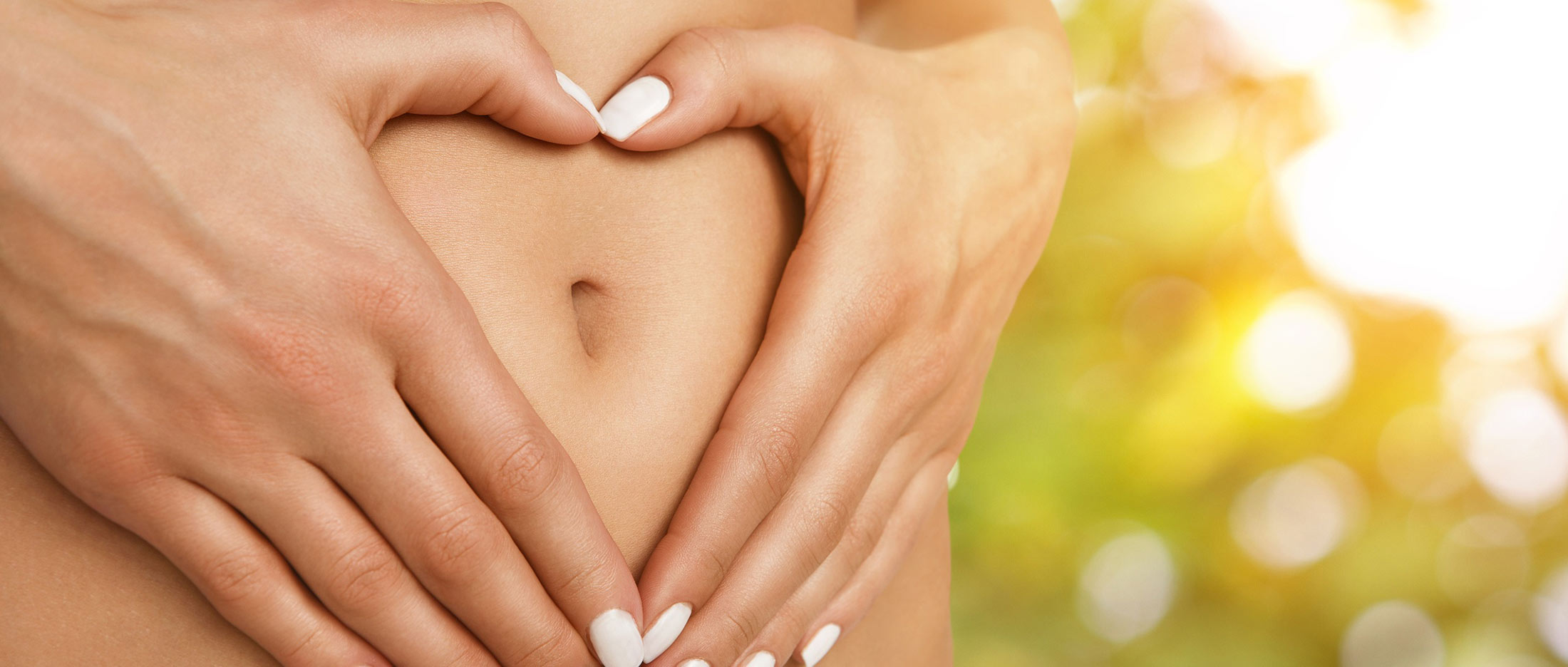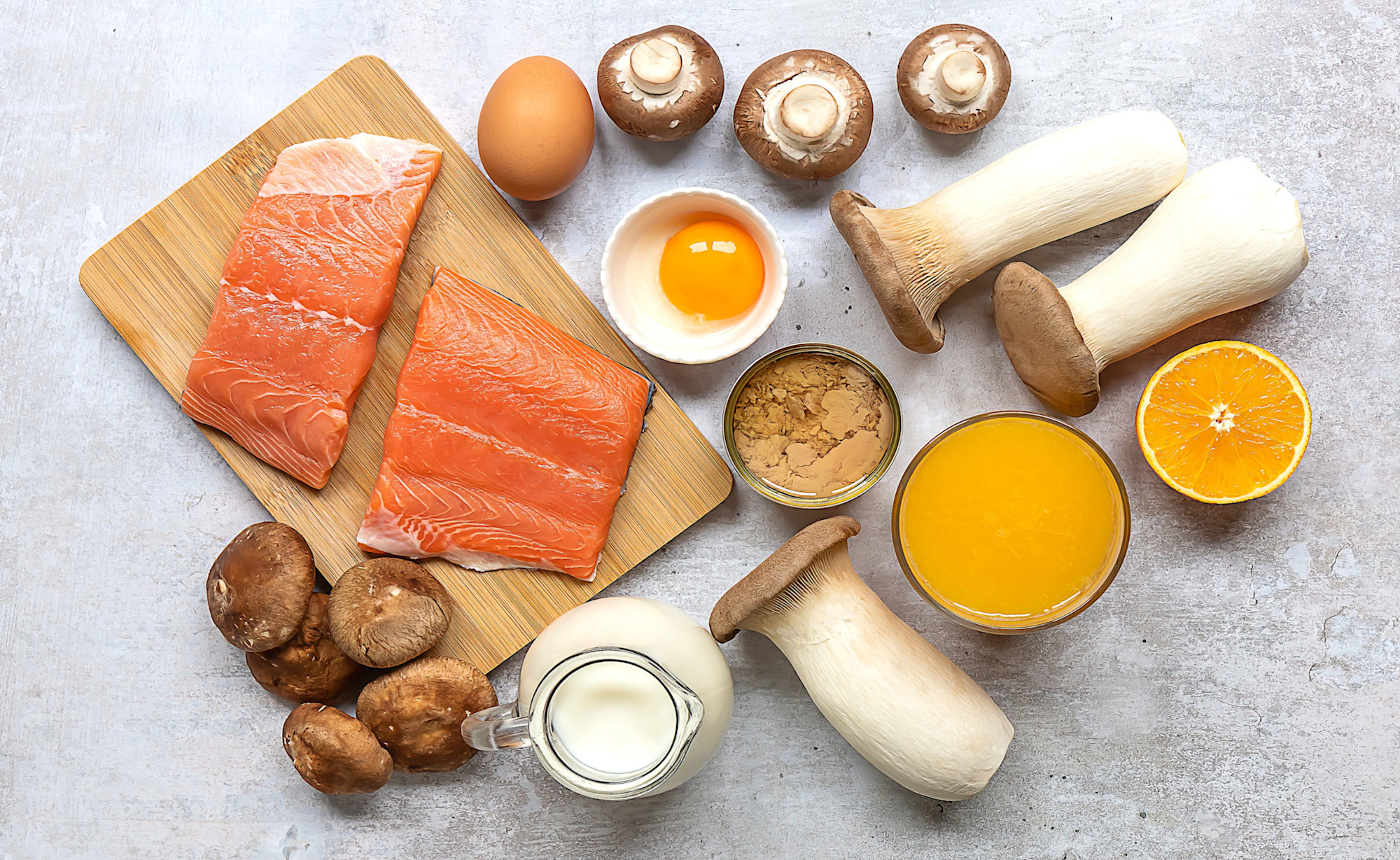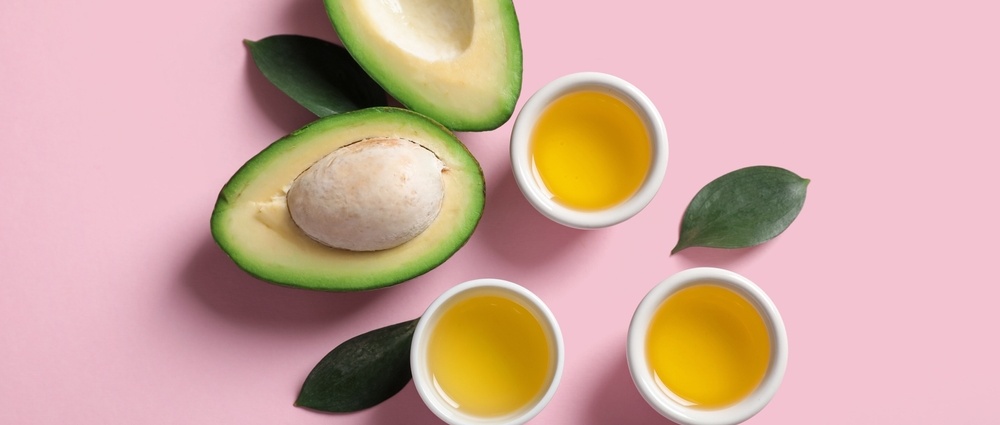
Feeding your good bacteria with probiotics and prebiotic supplements
Peer reviewed by Dr Krishna Vakharia, MRCGPLast updated by Lawrence HigginsLast updated 24 Apr 2024
Meets Patient’s editorial guidelines
- DownloadDownload
- Share
- Language
- Discussion
Prebiotics and probiotics are both essential components for maintaining a healthy gut microbiome. We have almost as many bacterial cells in our bodies as we do human cells - the average person has about 38 trillion of each. Read on to learn more about the fascinating world of bacteria and the role they play in our health.
In this article:
Video picks for Vitamins and supplements
What are prebiotics and probiotics?
Pre- and probiotics live in our guts, where they help us to digest food. Not only are most gut bacteria harmless, but we couldn’t survive without them. However not all bacteria are equal, and a shift in the balance of 'good to bad' bacteria has been linked with a long list of medical conditions from obesity and heart disease to bowel problems and cancer.
The (really) bad stuff
Back to contentsSome bacteria can wreak havoc if they multiply in your gut. These include C. diff, which caused 15,583 cases in hospitals in England alone last year. The main cause of C. diff infection? Taking antibiotics which kill off the good bacteria in the gut, allowing these pathogens - in other words, harmful bacteria - to thrive.
An imbalance of gut bacteria has now been placed firmly in the frame as one possible cause of irritable bowel syndrome, (IBS). And that means the race is on to discover how we tame our bugs.
Continue reading below
A taste for the good stuff
Back to contentsWe’ve discovered that good bacteria, like Lactobacilli and Bifidobacteria, are more likely to gain the upper hand if they’re 'fed' certain foods. Foods like onions, beans, leeks, Jerusalem artichoke, and garlic are rich in non-digestible carbohydrates called prebiotics. Prebiotics are resistant to stomach acid and digestive enzymes, so reach the colon unchanged.
For most healthy people, simply increasing the amounts of prebiotic-rich foods, along with a generally balanced diet, should be enough to keep our good bacteria thriving. But most of us need antibiotics at some point, despite the average doctor’s efforts to keep inappropriate prescribing to a minimum. And with resistant bacteria on the rise, complications from taking antibiotics is an ever-increasing risk.
Likewise, several studies suggest that people with IBS have an excess of bad bacteria, which may not cause sudden severe illness like salmonella, but which may be to blame for their bloating and pain.
Probiotic principles
Back to contentsA review of the medical literature found that people given probiotics were 37% less likely to develop antibiotic-associated diarrhoea.
The good news is that probiotics and prebiotics are safe; a review of 63 trials, involving over 8,000 people, found that "Used alongside rehydration therapy, probiotics appear to be safe and have clear beneficial effects".
The problem researchers found in terms of benefit was that they couldn’t tease out which probiotics were helping, and there are significant differences between types in terms of which good bacteria they nurture. So the researchers called for further tests on specific strains.
Continue reading below
IBS - are gut germs to blame?
Back to contentsIn recent years, much of the research into IBS has focused on this bacterial balancing act. Many bad bacteria, like yeast, ferment food in the colon, producing gas as they do so. Anyone who has poured a pint of beer or opened an ancient yoghurt pot knows that the result is gas - lots of gas.
Do probiotics and prebiotics actually work?
Back to contentsThe fact that the worldwide probiotic/prebiotic market size is predicted to reach $105.7 billion by 2029 tells you everything you need to know about how many people swear by their benefits. But high-quality evidence is scarce, not least because the people in the studies are difficult to compare.
Millions of people are convinced probiotics and prebiotics work. But people say the same about medicines, yet wouldn’t dream of taking them unless they’d gone through proper scientific studies to prove it. The placebo effect applies to pro/prebiotics as well as medicines - if people think they’ll work, they’re more likely to report that they feel better.
Because probiotics and prebiotics aren’t subject to the control of drug agencies, they don’t need to go through the same rigorous tests as prescribed medicines. But some companies have done the studies anyway.
Prebiotics - the evidence
Back to contentsA 2019 study investigated the effects of prebiotics, where participants with proven IBS were divided to receive either the active product or a placebo. This so-called 'double blind, placebo controlled RCT' is the gold standard of scientific studies - it allows us to say with confidence that any improvements seen are not down to chance, or personal beliefs.
The prebiotic significantly improved symptoms including wind, bloating, stool consistency and anxiety. These findings also showed higher levels of bifidobacteria.
Nasty stuff, salmonella
Back to contentsClearly, it wouldn’t be ethical to do a study where all the subjects were exposed to salmonella, to see if a prebiotic cut the chance of them being infected.
But a next-best-thing study, using human colon cells, showed that prebiotics reduced the ability of salmonella to stick to cells or invade them. Interestingly, it seemed to stimulate macrophages - a type of white cell which forms part of our immune system - to fight off the bacteria.
Probiotics - the evidence
Back to contentsFor a probiotic to be effective, the good bacteria it contains need to reach where they’re needed and multiply effectively, crowding out bad bacteria. That’s harder than you might think. Probiotic bacteria work in the colon, and to get there they need to pass through a highly acidic stomach unharmed.
Several foods are natural probiotics. Live yoghurt is a rich source of Lactobacilli or Bifidobacteria - you'll often see these names on the labels of probiotic products you'll find in supermarkets and pharmacies.
Are probiotics all the same?
Back to contentsThe question is, do they really make a difference, and is one any better than another? To explore this, a research team set out to assess whether eight different probiotics could 'arrive, survive and thrive'.
In other words, were there enough of the right bacteria alive in the first place; could they survive the hostile environment of the stomach; and having gone through all that acid, were they in any fit state to multiply, in order to drown out the bacteria that cause symptoms of IBS if they overgrow?
The study compared 8 products which are widely available to buy in supermarkets and pharmacies, over the course of the three tests. Two products survived the stomach acid test, and three were able to multiply effectively at the end of the process.
However, a separate study involving Lactobacillus casei, showed that people fed the probiotic had much higher levels in their poo than people fed placebo. The researchers concluded that this version of the probiotic survived well in the human gut. The same probiotic in another study reduced the number of patients developing antibiotic-associated diarrhoea from 18% to 5%, compared to similar patients who did not take it.
What does it mean to me?
Back to contentsIf you have IBS and have brand loyalty to one brand, all this evidence may not mean anything at all. But if you’re still struggling - as so many people with IBS are - you may be wondering which product, if any, is worth taking.
Looking at the science, rather than the hype, there are several options that seem to make a genuine difference. What you do with this information is up to you.
Patient picks for Vitamins and supplements

Diet and nutrition
10 everyday foods high in vitamin D
Vitamin D plays an essential role in bone health, immunity, and mood, yet many people in the UK don’t get enough, especially during the darker months. While sunlight is the main source, certain foods can also help to boost your levels naturally. In this article, we explore vitamin D foods you might not expect and how to include them in your diet.
by Josh Alderman

Diet and nutrition
What are the benefits of vitamin E?
Vitamin E is a well-loved ingredient in any skincare routine. But it's also vital for your health and how your body functions. Find out why and how to get enough vitamin E here.
by Victoria Raw
Continue reading below
Article history
The information on this page is peer reviewed by qualified clinicians.
Next review due: 24 Apr 2027
24 Apr 2024 | Latest version
19 Oct 2017 | Originally published
Authored by:
Dr Sarah Jarvis MBE, FRCGP

Ask, share, connect.
Browse discussions, ask questions, and share experiences across hundreds of health topics.

Feeling unwell?
Assess your symptoms online for free
Sign up to the Patient newsletter
Your weekly dose of clear, trustworthy health advice - written to help you feel informed, confident and in control.
By subscribing you accept our Privacy Policy. You can unsubscribe at any time. We never sell your data.